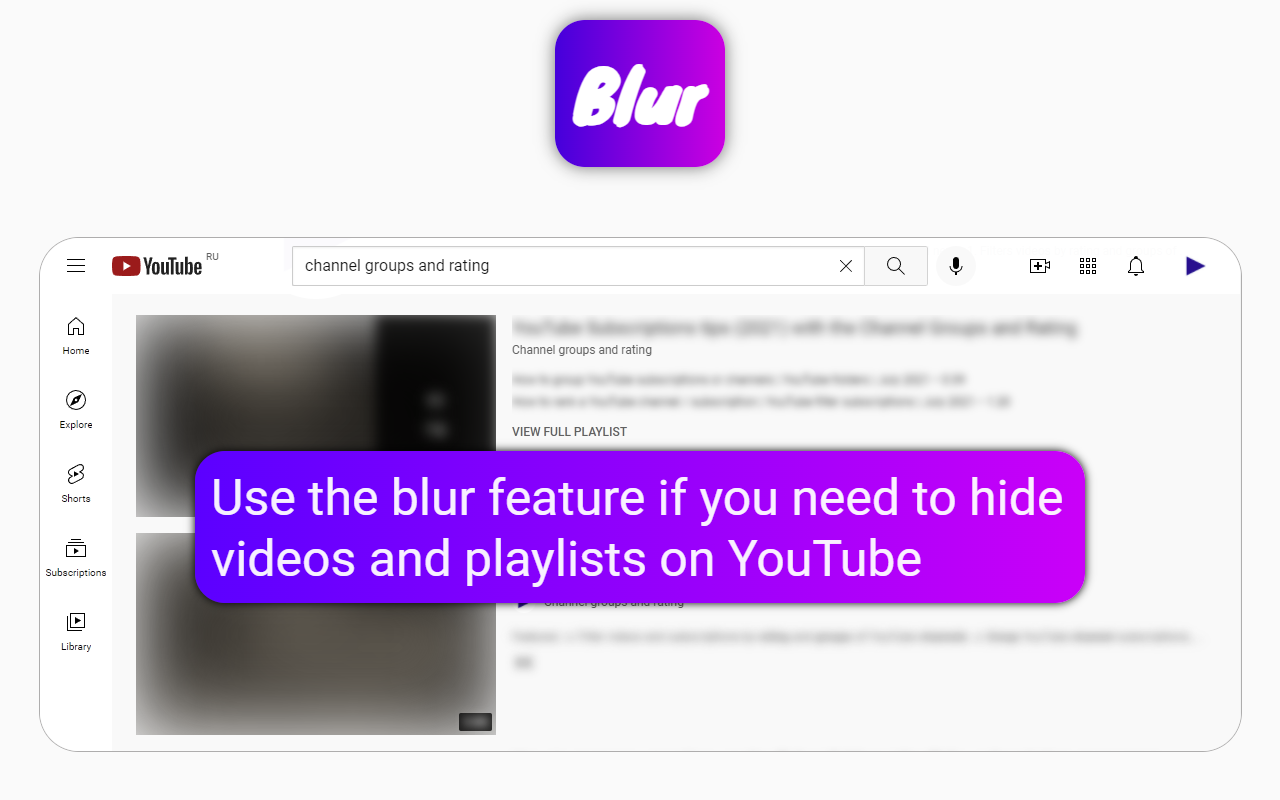This feature saves time by allowing users to skip the often uninteresting or ad-filled beginnings of YouTube videos. Many bloggers use the first part of their videos for advertisements.
With the Channel groups and rating extension, you can skip these ads and immediately watch all videos from this channel starting at an interesting moment.
On the video viewing page, click the edit button, turn on advanced mode, and set the number of seconds from which you want to start watching the video.
This functionality is part of the extension’s advanced features designed to optimize your YouTube viewing experience by managing playback start times efficiently.
I'm sure the feature was dropped because YouTube wanted to force users to reduce their subscriptions.
I think that leaving a dynamically changing collection without the possibility of grouping or filtering it is a mistake from a usability point of view. Most likely, YouTube doesn't make such mistakes unless there are good reasons.
I believe that the lack of resources for implementation cannot be a reason in this case, since YouTube already had this function before, that is, it had the resources to create it.
Apparently, the conclusion suggests itself - the increased use of subscriptions is probably harmful for YouTube.
YouTube needs to somehow improve the quality of the content, and I think that the viewers themselves participate in this process.
YouTube provides detailed viewing data to video creators, so the creators of these videos are improving their methods of grabbing the user's attention. It is not at all necessary that the video contains truthful information or something really useful to the user. Therefore, quality is not the only consequence of such analytics.
How do viewers participate in this process?
Let's say you select a video by title and choose more carefully if you see a channel that you are not subscribed to. If you are subscribed, the title of the video plays a lesser role in your decision.
And now you see a title not from your subscriptions, which attracted you to the videos offered by YouTube and you click on it, and this is already a signal for the creators how to create titles and images for the video.
Let's say the title deceived you. You could remember this channel and not waste time on it in the future. But, you will probably spend a lot more time on deceiving tricks of such channels.
If you are wasting your time and it doesn’t bring you pleasure, then it’s like a job that you don’t get paid for.
I believe that the problem is that YouTube gets more from users if they do not use their subscriptions too actively, and users benefit from using subscriptions, but they cannot because of the interface features.
YouTube users can solve this problem.
I am grouping YouTube subscriptions, perhaps much better than they were back in 2016. This is possible thanks to the Chrome extension Channel groups and rating.
Now I group subscriptions by groups and ratings, filter videos and write dossiers for channels. The data is stored on Google Drive, so I control it.
